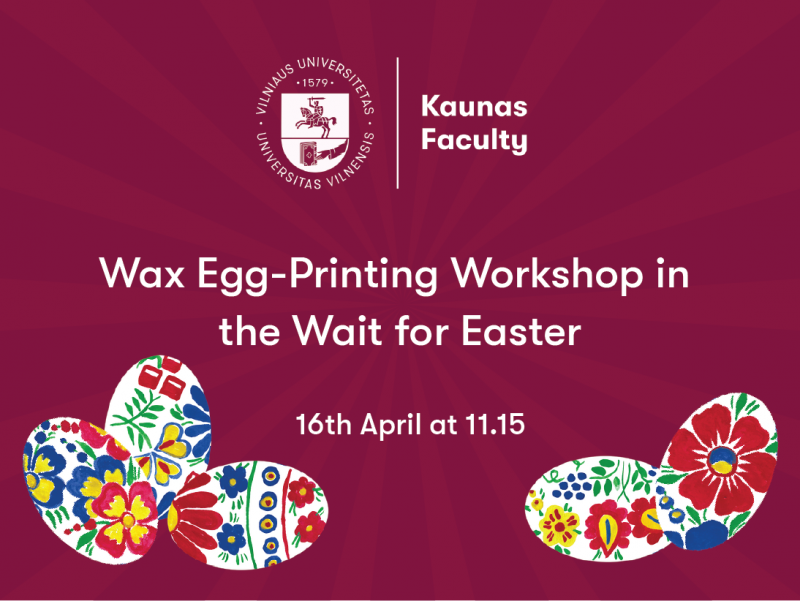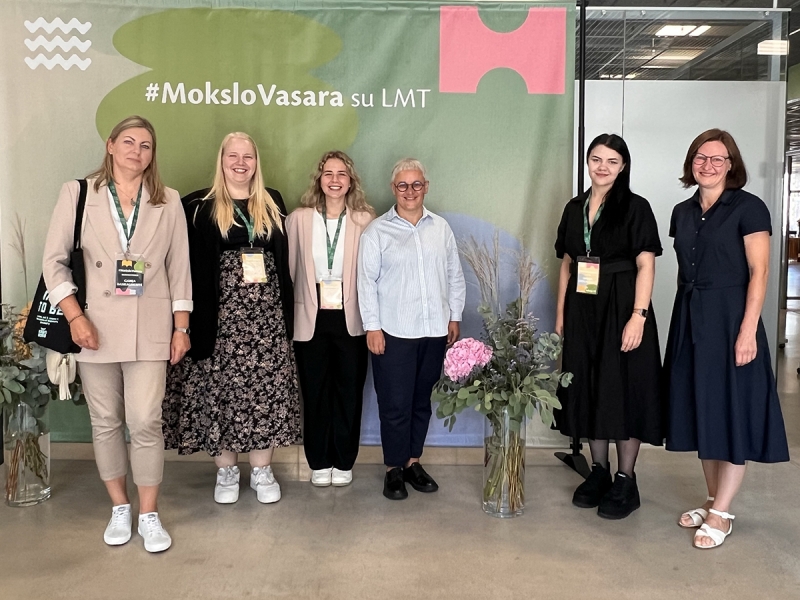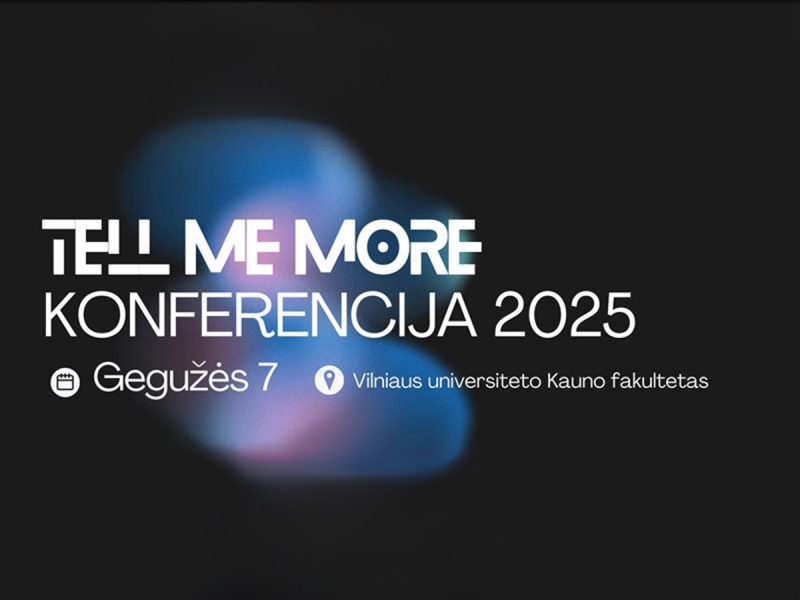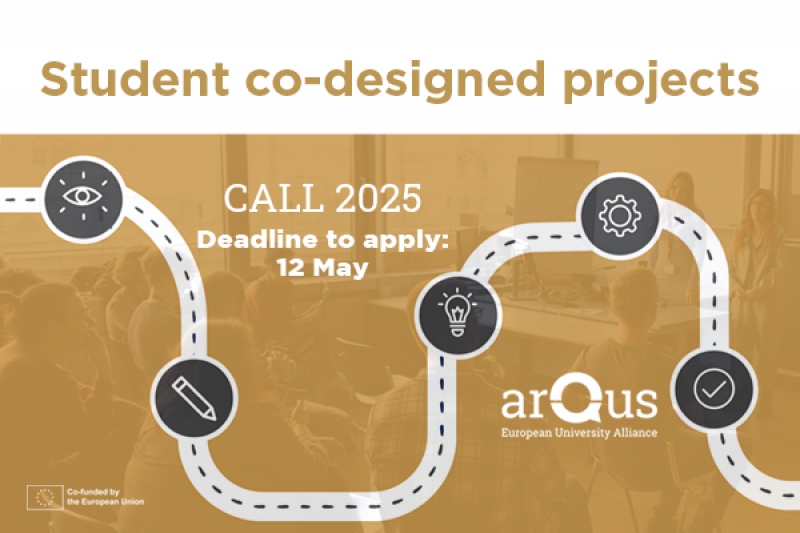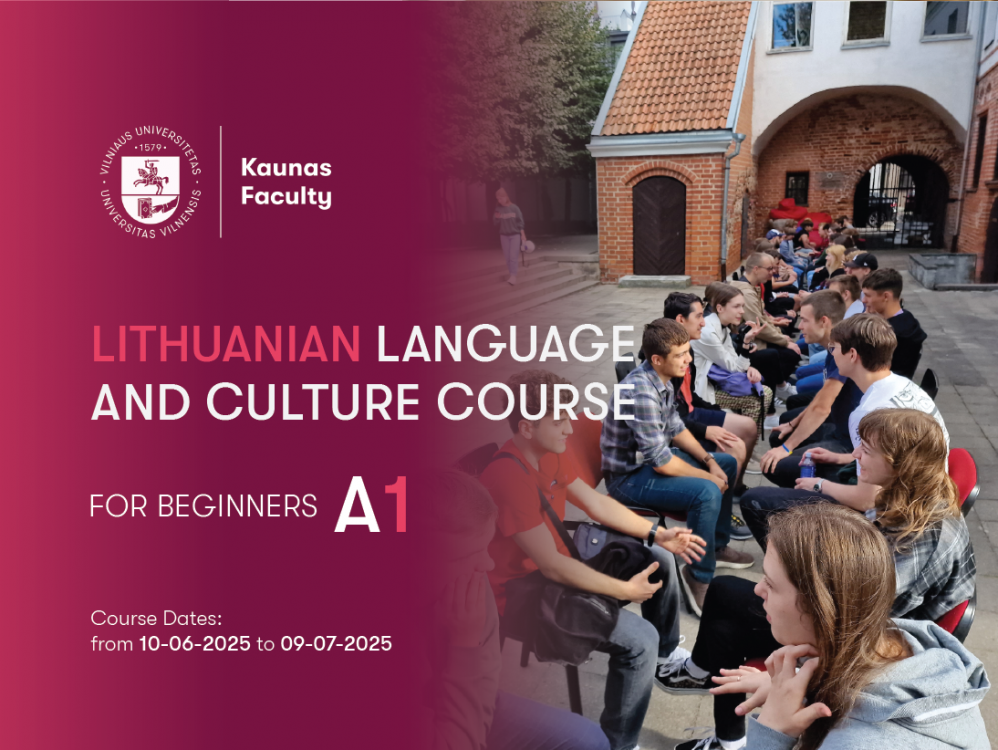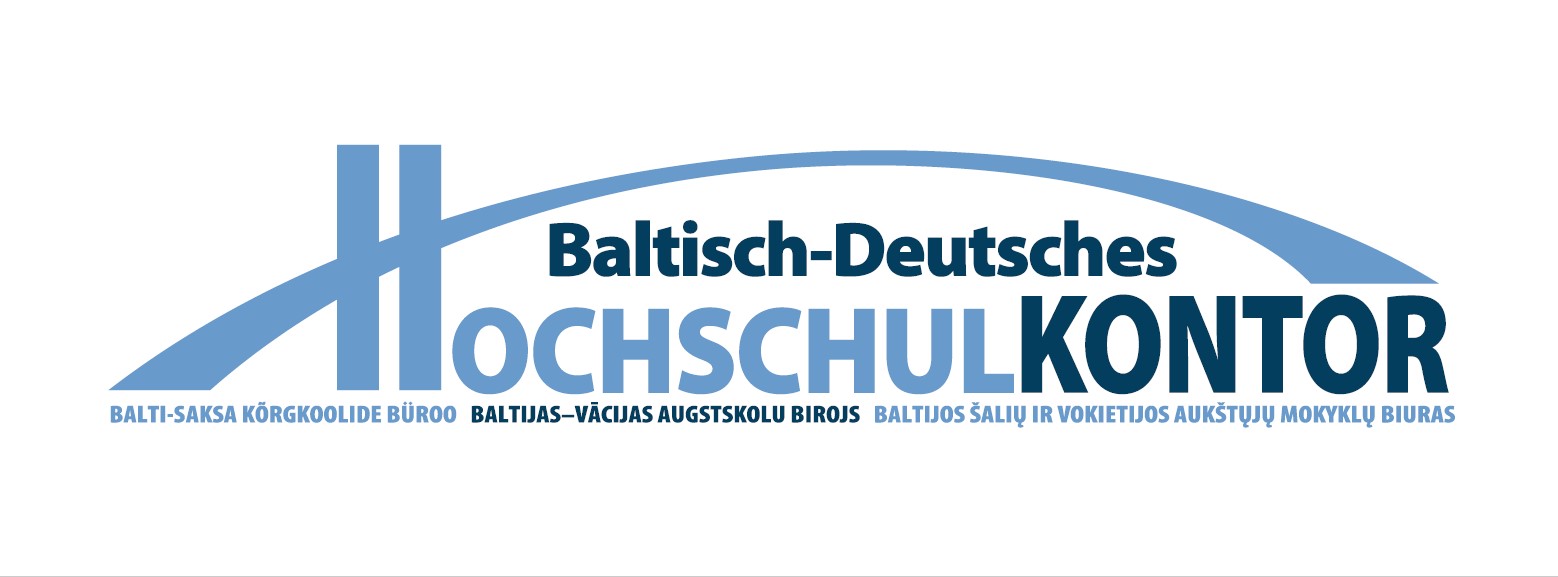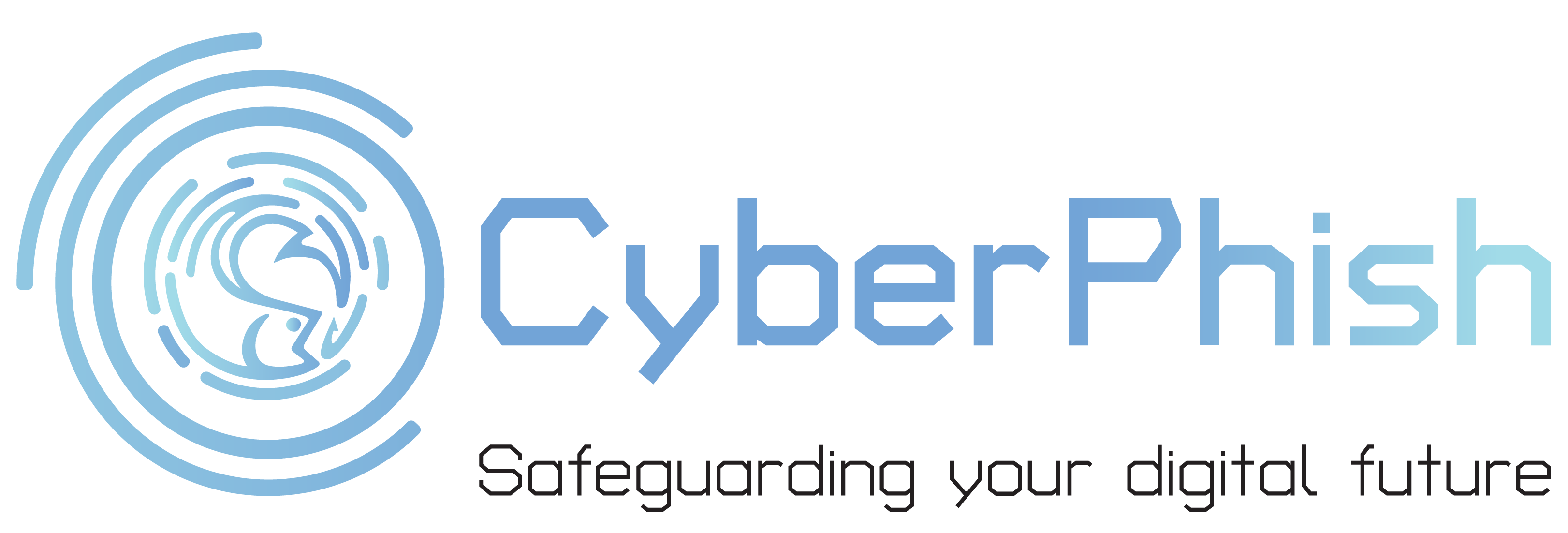ABOUT
4th Industrial Revolution provides many advantages all over the world by increasing efficiency, productivity and customisation. Cybersecurity becomes one of the biggest challenges in this era, because information becomes an expensive asset dealing with huge data volumes, improving communication with digital environment. Digital devices and information systems increasingly become attractive for cyber-attacks.
Eurostat states, that „…in 2019, approximately 1 in 3 EU citizens aged 16 to 74 reported security-related incidents when using the internet for private purposes in 2019 in the last 12 months. During this period phishing was the most frequent security incident reported in 2019.“ This shows that usage of hardware and software security solutions alone are not very effective fighting with those threats, because no system or security software can guarantee 100% protection from phishing attacks.
Phishing is one of the highest problems because cybercriminals use faster and innovative technological tools to carry out phishing campaigns. According to the Europol’s annual presentation (2019) “…new threats continue to emerge from vulnerabilities in established processes and technologies. Moreover, the longevity of cyber threats is clear, as many long-standing and established modi operandi persist, despite our best efforts.”
Therefore, human-driven phishing defence system that leverages human instinct for detection and technology to scale response should be developed and freely available for wide audience. To create human-driven phishing defence, education is required for the user to become capable of identifying and responding to phishing attacks in the correct manner.
The overall international project n° 2020-1-LT01-KA203-078070 “Safeguarding against Phishing in the age of 4th Industrial Revolution” (“CyberPhish”) objectives are to analyse, design, develop and implement an up-to-date curriculum, e-learning materials, blended learning environment, knowledge and skills self-evaluation and knowledge evaluation system simulations for students and other users in order to prevent from phishing attacks, raise competencies in this area for identification and prevention of threats.
It will address the need for awareness and education in phishing attack prevention. The developed e-learning materials, blended learning environment and simulations will be integrated in curricula at the participating Universities as well as provide the opportunity for increased dissemination of knowledge to EU-Citizens through Open Access.
The main intellectual outputs are related to cybersecurity and future competencies and they will include:
1. Study analysis and recommendations: Avoiding phishing attacks and improving critical thinking
2. Course Curriculum and localisation
3. Online learning material
4. Simulations for education (gamification)
5. Self-evaluation knowledge evaluation system
6. Methodological guidelines for trainers and for implementation of „Phishing in age of 4th industrial revolution“.
The main beneficiaries which will be impacted by the project are students at HEIs. Educators, university staff, education centres, business sector (employers and employees) will also have benefit by improving their knowledge and competencies.
All learning products will be tested by and improved after analysis of pilot studies/training and testing in Lithuania, Malta, Estonia, Cyprus and Latvia. At least 100 trainees will be invited to the pilot. Additionally, all learning products will be presented to national higher education institutions, and encouraged to be used in CyberPhish curricula. Guidelines will support their implementation. EN versions will be used for dissemination in other European countries for expanded further localization base.
RESULTS
Project Results
The project partners carried out a needs analysis of cybersecurity-related study programmes in five countries (Estonia, Cyprus, Lithuania, Lithuania and Malta). They also carried out a study on the skills and abilities of more than 500 users (in the partner countries) to recognise the signs of phishing. On the basis of this research, the consortium of partners designed, developed and implemented a new curriculum, e-learning materials, a blended learning environment, a self-assessment and knowledge assessment system, and simulations for students and other internet users to protect themselves against phishing attacks, increasing their competence in this area to recognise and prevent threats.
The main intellectual outputs are related to cybersecurity and future competencies and they will include:
1. (IO1) Study analysis and recommendations: Avoiding phishing attacks and improving critical thinking:
(IO1-A1) Report “Recognising phishing and skills gaps” (EN, EST, GR, LV, LT)
(IO1-A2) Report “Analysis of Existing Cybersecurity training programmes” (EN, GR, LV, LT)
2. (IO2) Course Curriculum
(IO2-A1) Short version of curricula for dissemination (EN, EST, GR, LV, LT)
(IO2 A2) Extended version of curricula for training material development and for trainings (EN, EST, GR, LV, LT)
3. (IO3) Online learning material (the output is integrated into the online learning platform)
4. (IO4) Simulations for education (gamification) (the output is integrated into the online learning platform)
5. (IO5) Self-evaluation knowledge evaluation system (the output is integrated into the online learning platform)
6. Methodological guidelines for trainers and for implementation of “Phishing in the age of 4th industrial Revolution” module:
(IO6-A1) Methodological Guidelines for Trainers (EN, EST, GR, LV, LT)
(IO6-A2) Guidelines for Course Implementation (EN, EST, GR, LV, LT)
PUBLICATIONS
Publications
„CyberPhish“ – paprastai apie sukčiavimą internete (LT)
Preventive measures against online scams. Dr Vytautas Evaldas Rudzionis, Vilnius University; Dr. Renata Danieliene, Information Technologies Institute (EN) (LT)
Educational Training and Simulation Scenarios to Improve Knowledge on Phishing Security Risks Prof. Raimundas Matulevicius (University of Tartu) (EN) (EST)
“If I protected at least one person with my story, it was worth going public, even if my EGO suffered”. Dr. Renata Danieliene, Information Technologies Institute (EN) (LT) (LV)
Žvejyba internete – laimikis ar auka? Dr. Renata Danielienė, Informacinių technologijų institutas (LT)
Kibernetinio saugumo specialistė dr. R. Danielienė: svarbiausia didinti visuomenės sąmoningumą ir greitai prisitaikyti prie pokyčių (LT)
Tartu universiteto profesorius R. Matulevičius apie kibernetinio saugumo iššūkius: kibernetinių atakų auka gali tapti kiekvienas (LT)
Presentations
SECURITY RISK MANAGMENT. Prof. Raimundas Matulevicius (University of Tartu).
Bitdefender Baltic Region Partners’ Conference 2021 (17.11.2021)
PARTNERS
|
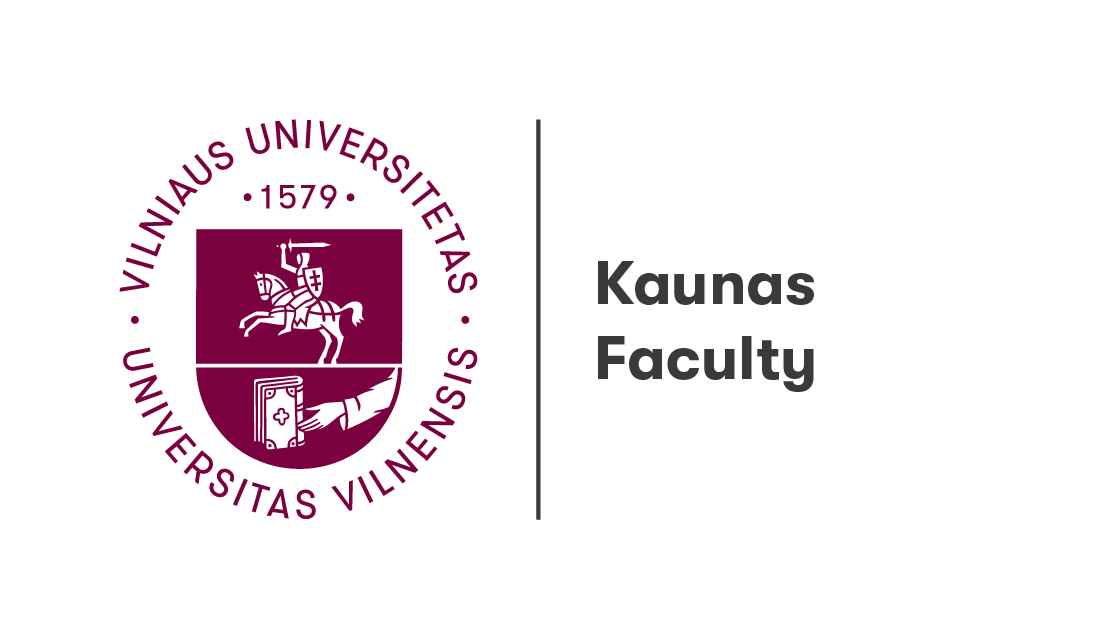
|
Vilnius University is a classical university with 440 years of academic traditions and the widest range of study programmes in Lithuania. The university offers an academic environment focused onexcellence in research and teaching. Vilnius University is 1st in Lithuania according to national ranking. It is the most popular and most acknowledged higher education establishment among Lithuanian secondary school graduates. Kaunas Faculty is interdisciplinary, i.e. it encompasses study programmes from three different fields of science: Humanities, Social and Physical Sciences (Informatics).
Website: knf.vu.lt/en/
|
|
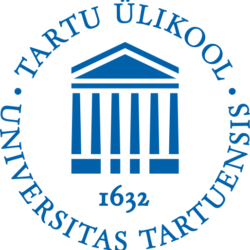
|
The University of Tartu (UT, www.ut.ee), located in the city of Tartu (second largest city in Estonia), is the most prestigious and comprehensive university in the country and one of the most respectable educational and research centres in Central an Eastern Europe. UT belongs to the top 1,2% of world’s best universities (QS World University Rankings 2020 & Times Higher Education World University Rankings 2021). Founded in 1632, UT is organised into four faculties (social sciences, art & humanities, science & technology, and medicine), which are the home of more than 13000 students and 2000 scientists and academic staff (including 1300 international students from 90 countries). On average, the University awards 100 PhD degrees and university researchers publish about 3000 scientific articles annually.
The Institute of Computer Science (www.cs.ut.ee) has a long-standing reputation of outstanding educational programs, enabling students to grow with and adapt to rapidly changing technologies. It is a research-oriented institution, comprising 6 scientific research groups, which are specialised in (i) data science, (ii) programming languages and systems, (iii) security and theoretical computer science, (iv) software engineering, (v) distributed systems, and (vi) natural language processing. Further, the Institute manages a portfolio of over around 130 courses covering the entire spectrum of computer science and information systems (e.g., software engineering, distributed systems, and security engineering). Overall, the institute’s mission is to prepare students to learn, discover, innovate, and apply new knowledge in computer science through a balanced program of cutting-edge research, effective teaching, and outreach and service.
Website: ut.ee/en
|
|
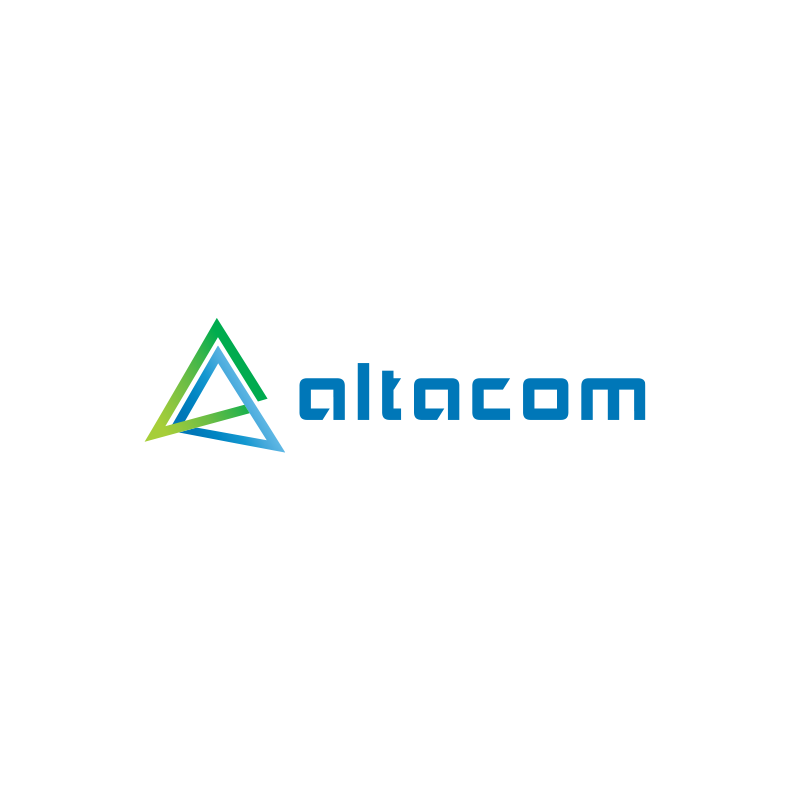
|
Altacom, SIA is true value added IT distribution company, which was established in 2017 as one of Altacom branches. Altacom companies are currently operating across 4 countries (Baltics and Finland) with a head office location in Estonia and branch offices in Latvia and Lithuania.
Altacom, SIA focuses on data protection, IT infrastructure security, monitoring and management. Altacom brings technology solutions to a breadth of markets, including public sector, educational institutions, information systems, banking, medical, energy, defence and Managed Service Providers.
The full-time staff of Altacom, SIA has a strong experience in IT security and providing training for their partners and customers. Altacom, SIA employees together with colleagues from other Altacom companies are experienced professionals with various certifications covering all represented products (Bitdefender, SolarWinds, Utimaco, 42Gears, GFI, WinMagic).
We build trusted and secure networks of people and technologies.
Website: altacom.eu/
|
|

|
Public institution Information Technologies Institute (ITI) was established in 1997 and started as an organization which creates temporary professional working groups for projects on Information System design. ITI has strong experience in IT training/testing courseware design and development. Since 2000 ITI started with ECDL (European Computer Driving License) Programme implementation in Lithuania. Currently the development and dissemination of computer literacy related training/testing systems have the major importance for the Institute. Currently ITI is involved in development of Learning/Testing solutions for digital literacy, online security and marketing subjects.
Website: https://itinstitutas.lt/en
/
|
|
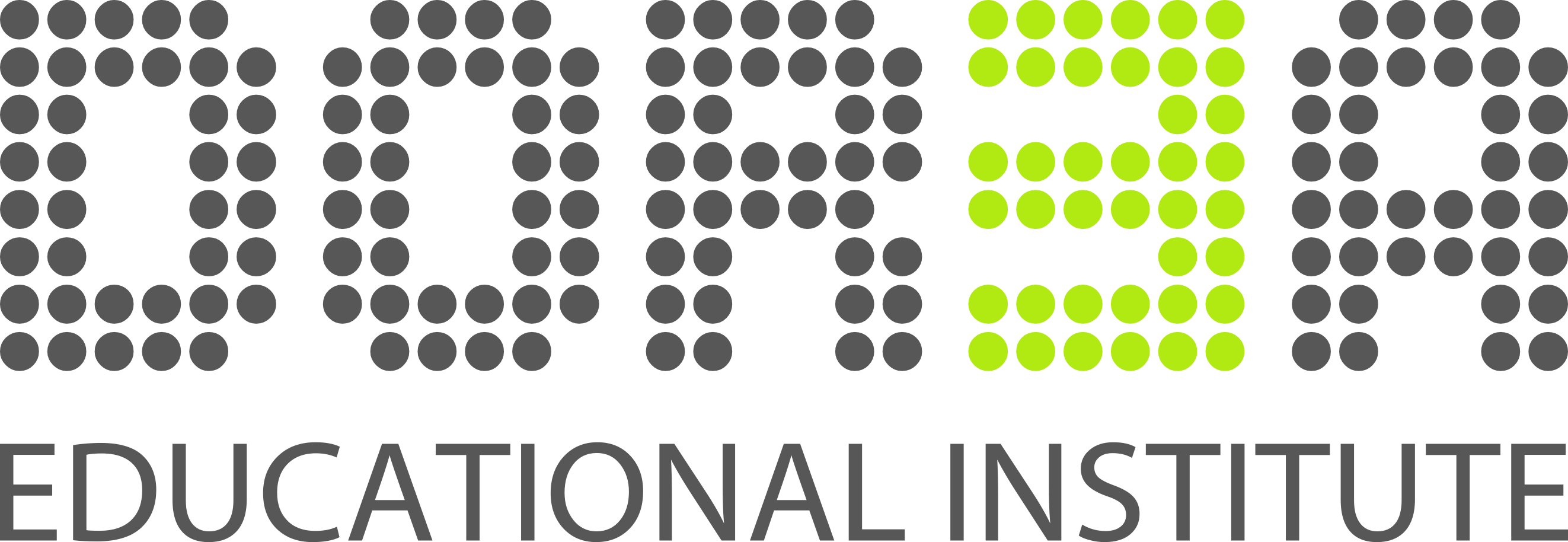
|
DOREA Educational Institute is the Education & Training Centre established in 2012 in Limassol, Cyprus.
DOREA offers high quality non-formal education for adults and young people, covering the three main areas of non-formal education, that is socio-cultural (popular) education, education for personal development and professional training.
DOREA is the largest training provider of ERASMUS+ courses offering services in 12 European countries. One of the courses provided by DOREA is ‘Cybersecurity Education for Online Safety’ course, which aims to help participants to understand online security, learn to recognise possible threats, defend from cyber-attacks and respond to emergencies.
DOREA is also actively involved in the preparation, management and implementation of ERASMUS+ KA1, KA2 and KA3 projects as well as other programmes (e.g. H2020, INTERREG, Europe for citizens).
Website: dorea.org/
|
|

|
MECB commenced its operations in January 2005. Since its inception, MECB has increasingly carried out work in three main areas of activities:
- Technical consulting services
- Research & training services
- EU Project Partnering services.
Throughout these years, we have increasingly delivered high quality services in these three areas as our portfolio reflects.
MECB’s legal entity status is that of a Limited Liability Company registered with the Malta Financial Services Authority with registration number C 37773. MECB is also a Corporate Member of the Malta Chamber of Commerce, Enterprise & Industry, Membership No: C016/05.
MECB’s organisation is based on a lean structure that allows us to quickly react to requests coming from both our clients and partners. MECB’s core team consists of a number of experienced individuals, all trained to postgraduate level. Our extended team includes:
- Professional Engineers and Scientists, most specialized to PhD level;
- Professional lecturers, including e-Learning courseware specialists;
- Technical lab operators;
- Engineering Designers and CAD operators;
- Legal Advisors; Social Scientists;
- EU Funding Mechanism Experts.
Website: sites.google.com/view/mecbeuprojects
|


